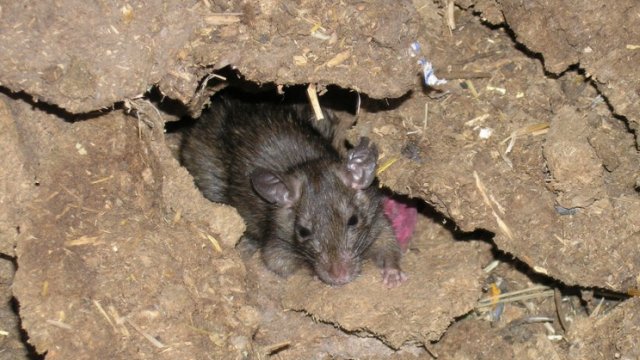Playing tricks on invasive rats may help keep birds from vanishing
Ars Technica » Scientific Method 2012-10-23
Rats are among the most widely introduced invasive species in the world. Throughout history, they have hitched rides on boats, wagons, and trains, invading nearly every corner of the globe. Birds are a common prey for rats, and have been hit especially hard by the population increase and range expansion of these rodents; many avian species have become endangered, or even gone extinct, as a result of increased predation. Reintroducing birds is also a challenge, since resident rats quickly learn that the new species is a profitable source of food.
But now, two Australian scientists have identified a clever method that may limit predation by rats and increase bird survival. Their research, detailed in this week’s PNAS, offers a potential way to improve reintroduction success in areas where rodents are a problem.
Omnivorous predators such as rats often find new food sources by smell. They quickly investigate new scents, and if these odors are related to a recurring food reward—for example, if following a particular scent leads repeatedly to a nest full of plump baby birds—the scent and the reward become coupled in the rat’s mind. The researchers took this basic idea and reversed it: if they could decouple the cue from the reward, would the rats learn to ignore the cue? In other words, if rats never learned that the scent of a nest proffered a tasty treat, would bird survival increase?
Read 6 remaining paragraphs | Comments
